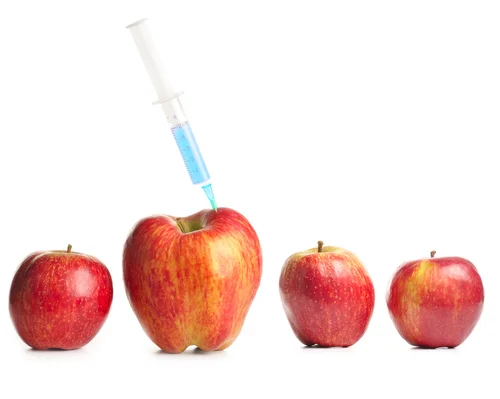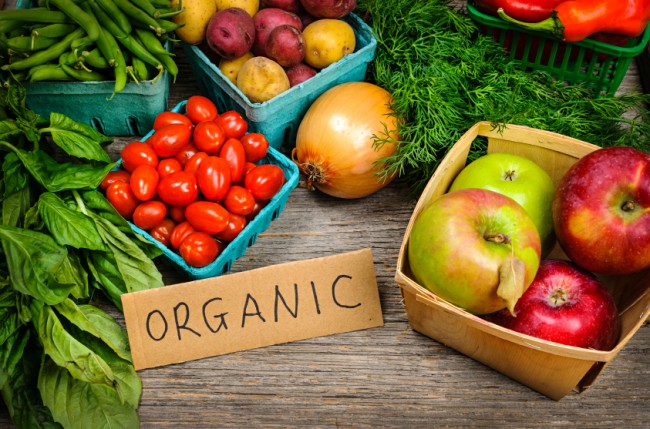Holy Franken-food Batman!
/Most consumers have heard of GMO, but many do not actually know what it is. This lack of education on our part as consumers is troublesome to say the least, especially when it comes to the food we put in our bodies. As technology presses on, more and more GMO foods will make their way out of the lab and onto our plates. So is this harming, or helping?
What is GMO Food?
Let’s start by understanding what a “GMO” is. GMO stands for genetically modified organism, which is a living thing (mostly plants) whose genetic material has been altered in the lab through genetic engineering. Thus far, the best examples of GMO foods are varieties of corn and soy genetically modified to withstand and/or produce herbicides and insecticides. Probably the most well-known of these crops is Roundup Ready soy and corn, modified to resist the herbicide Roundup and help farmers control weeds.
Why GMO Food?
What makes GMO, or aptly dubbed franken-foods, so attractive? Modifying foods provide possibilities for cooking and consumers which have never been seen before. For example, imagine apples that don’t brown when sliced or fruits/veggies that don’t bruise in transit from farm to market. These are just some of the features currently in development by agricultural scientists.
Future Impact of GMO on Food Supply
Despite the possible positive impacts of GMO food, there is much controversy as to their safety. There could be grave environmental and health costs of GMO foods, starting with their association with the emergence of highly resistant “super weeds” and “super bugs”.
More than 60 countries around the world - Japan, Australia, and many European countries among them - have either banned or restricted the sale of GMO food, because they consider them unsafe. Unfortunately, under current legislation, GMO foods do not need to be labeled in the US, making it difficult for Americans to have any choice in the matter.
Non-GMO v. GMO?
So what do you think? Are franken-foods the way of the future? Or should we be working our way back to traditional methods? Perhaps science will find a way to ensure health and safety, while still being able to take advantage of advanced technology to modify food.


